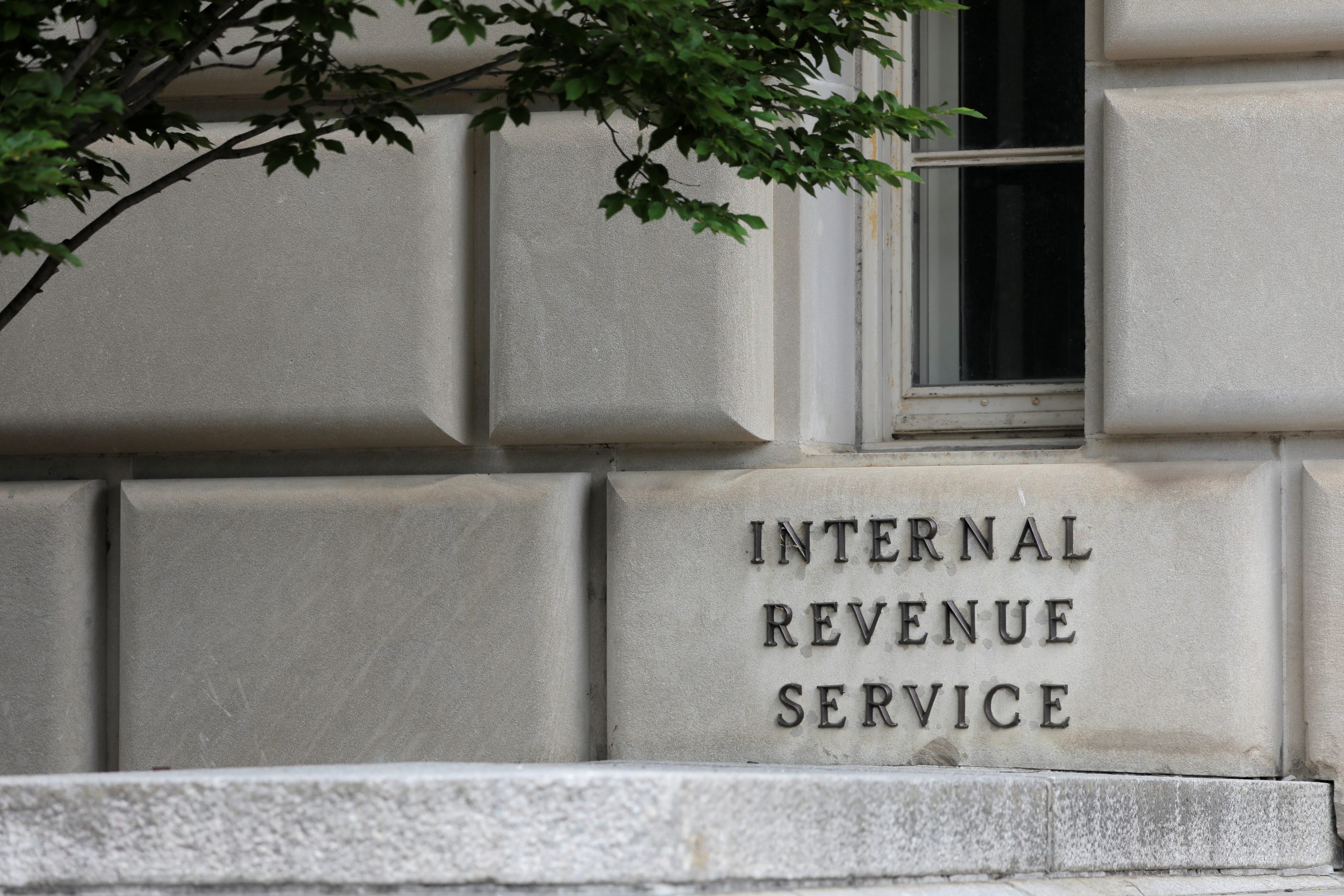
Ian Patrick, FISM News
[elfsight_social_share_buttons id=”1″]
Just a few months after the Internal Revenue Service (IRS) announced they would be using a third-party facial recognition technology for accessing parts of their website, the government service has now decided to cancel those plans.
The IRS announced Monday via a news release on their website that it has decided to “transition away from using a third-party service for facial recognition to help authenticate people creating new online accounts.” This transition will be done “over the coming weeks” in a way that will not interfere with current tax fillings for this year, the statement said.
The IRS further clarified that they will use their own “authentication process” for the time being, one that does not utilize face recognition technology. They will also “continue to work with its cross-government partners to develop authentication methods that protect taxpayer data and ensure broad access to online tools.”
Back in November of this year, the IRS announced that they would be using facial recognition technology from third-party site ID.me as a part of their account creation process. The company had described the process as “similar to taking a selfie on your smartphone.”
The biometric system, as previously noted, was intended to be used in the creation of new accounts and for current users to access certain sensitive data on the IRS website. The system was intended to be used for “self-help tools” like acquiring a transcript or checking your account.
IRS Commissioner Chuck Rettig noted that the reason for the transition has to do with concerns over user security. “Everyone should feel comfortable with how their personal information is secured, and we are quickly pursuing short-term options that do not involve facial recognition,” he said.
At the time that news of biometric system broke, FISM News reported on conflicting accounts of how the system was to be used. American taxpayers feared they would be forced into using the new system even to only file their taxes online, but the IRS tried to assuage those concerns by saying simple filings would not be affected by the new system.
ID.me also announced at the time that their system can protect Americans from potential theft.
The move to drop the biometric system also comes a week after the Treasury Department as a whole announced their consideration in dropping ID.me following backlash from some politicians in congress and other skeptics of the technology, according to reporting from Reuters.
On Monday, Democrat representatives Ted Lieu, Anna Eshoo, Yvette Clarke and Pramila Jayapal sent a letter to Commissioner Rettig asking him to drop the facial recognition technology due to “potential risks of privacy violations and abuse.”
Senate finance committee chairman Ron Wyden (D-OR) also wrote a letter on Monday with other senators, which included Republicans like Pat Toomey (PA), Tim Scott (SC) and Chuck Grassley (IA), asking the IRS to remove the technology. In his letter Wyden recognized “the best of intentions” from the IRS but said “it is simply unacceptable to force Americans to submit to scans using facial recognition technology as a condition of interacting with the government online, including to access essential government programs.”
Today @RepYvetteClarke @RepJayapal @RepAnnaEshoo and I called on the IRS to halt its facial recognition mandate. Our letter is below. pic.twitter.com/HGmJ4fz8O7
— Ted Lieu (@tedlieu) February 7, 2022
Americans shouldn’t have to sacrifice their privacy for security. Full stop. Today I’m calling on the IRS to end its plan to require facial recognition for online accounts. pic.twitter.com/cggpAnc7va
— Ron Wyden (@RonWyden) February 7, 2022
